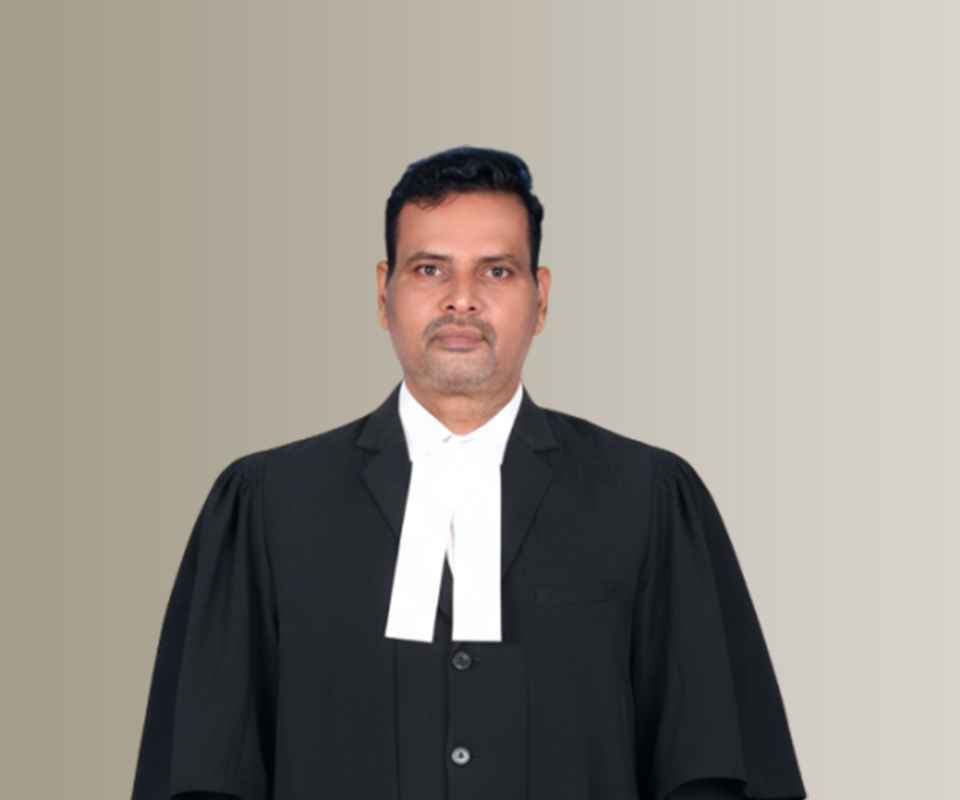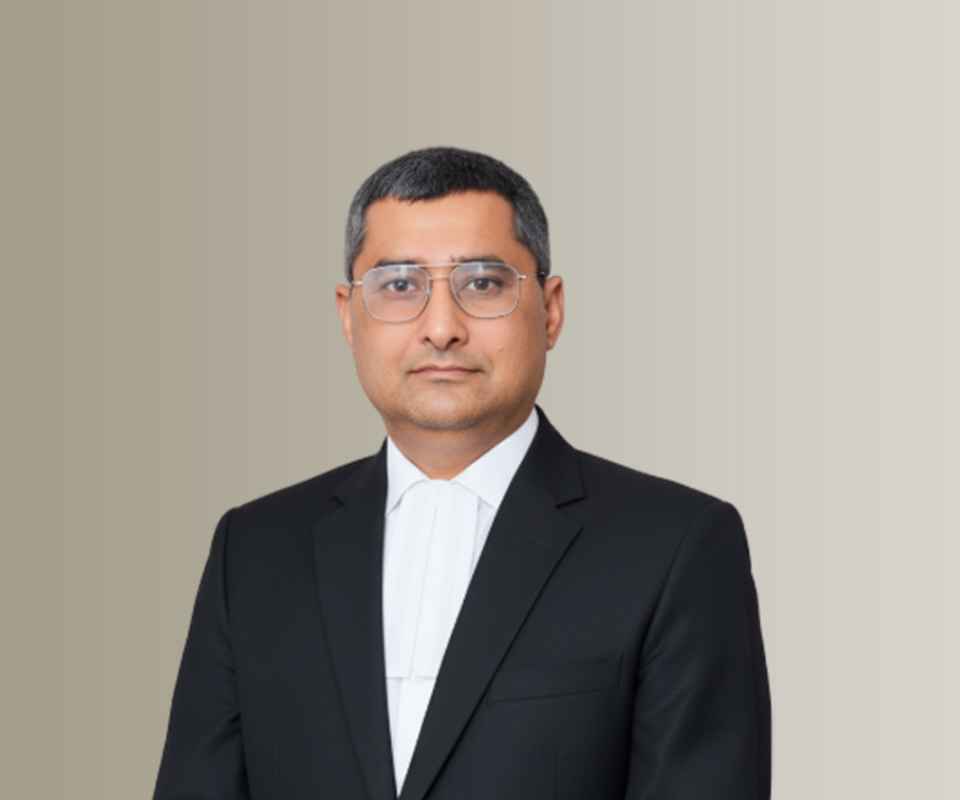Answer By law4u team
Bharatiya Nagarik Suraksha Sanhita, 2023 - Section 183: Recording of Confessions and Statements
(1) Any Judicial Magistrate of the District in which the information about commission of any offence has been registered, may, whether or not he has jurisdiction in the case, record any confession or statement made to him in the course of an investigation under this Chapter or under any other law for the time being in force, or at any time afterwards but before the commencement of the inquiry or trial: Provided that any confession or statement made under this sub-section may also be recorded in the presence of the advocate of the person accused of an offence: Provided further that no confession shall be recorded by a police officer on whom any power of a Magistrate has been conferred under any law for the time being in force.
(2) The Magistrate shall, before recording any such confession, explain to the person making it that he is not bound to make a confession and that, if he does so, it may be used as evidence against him; and the Magistrate shall not record any such confession unless, upon questioning the person making it, he has reason to believe that it is being made voluntarily.
(3) If at any time before the confession is recorded, the person appearing before the Magistrate states that he is not willing to make the confession, the Magistrate shall not authorise the detention of such person in police custody.
(4) Any such confession shall be recorded in the manner provided in section 316 for recording the examination of an accused person and shall be signed by the person making the confession; and the Magistrate shall make a memorandum at the foot of such record to the following effect:— I have explained to (name) that he is not bound to make a confession and that, if he does so, any confession he may make may be used as evidence against him and I believe that this confession was voluntarily made. It was taken in my presence and hearing, and was read over to the person making it and admitted by him to be correct, and it contains a full and true account of the statement made by him. (Signed) A. B. Magistrate.
(5) Any statement (other than a confession) made under sub-section (1) shall be recorded in such manner hereinafter provided for the recording of evidence as is, in the opinion of the Judicial Magistrate, best fitted to the circumstances of the case; and the Judicial Magistrate shall have power to administer oath to the person whose statement is so recorded.
(6) (a) In cases punishable under section 66, section 67, section 68, section 70, section 71, section 73, section 74, section 75, section 76, section 77, sub-section (1) or sub-section (2) of section 74, or section 78 of the Bhartiya Nyaya Sanhita, 2023, the Judicial Magistrate shall record the statement of the person against whom such offence has been committed in the manner specified in sub-section (5), as soon as the commission of the offence is brought to the notice of the police: Provided that such statement shall, as far as practicable, be recorded by a woman Judicial Magistrate and in her absence by a male Judicial Magistrate in the presence of a woman: Provided further that in cases relating to the offences punishable with imprisonment for ten years or more or imprisonment for life or with death, the Judicial Magistrate shall record the statement of the witness brought before him by the police officer: Provided also that if the person making the statement is temporarily or permanently mentally or physically disabled, the Magistrate shall take the assistance of an interpreter or a special educator in recording the statement: Provided also that if the person making the statement is temporarily or permanently mentally or physically disabled, the statement made by the person, with the assistance of an interpreter or a special educator, shall be recorded through audio-video electronic means preferably cell phone.
(b) A statement recorded under clause (a) of a person, who is temporarily or permanently mentally or physically disabled, shall be considered a statement in lieu of examination-in-chief, as specified in section 142 of the Bhartiya Sakshya Adhiniyam, 2023 such that the maker of the statement can be cross-examined on such statement, without the need for recording the same at the time of trial.
(7) The Magistrate recording a confession or statement under this section shall forward it to the Magistrate by whom the case is to be inquired into or tried.
Brief Detail
This section outlines the procedures for recording confessions and statements by a Judicial Magistrate. It allows for the recording of confessions voluntarily made and mandates that the person be informed of their rights. It emphasizes the necessity of ensuring that confessions are not coerced and provides specific protocols for cases involving vulnerable individuals.
Question & Answers
Q1: Who can record confessions or statements?
A1: Any Judicial Magistrate of the District can record confessions or statements, regardless of jurisdiction.
Q2: What must a Magistrate do before recording a confession?
A2: The Magistrate must explain that the person is not obligated to confess and that the confession may be used as evidence against them.
Q3: Can a police officer record a confession?
A3: No, a confession cannot be recorded by a police officer who has been conferred with any power of a Magistrate.
Q4: What happens if a person does not wish to confess?
A4: If the person states that they are not willing to confess, the Magistrate shall not authorize their detention in police custody.
Q5: How are statements from mentally or physically disabled individuals recorded?
A5: Their statements may be recorded with the assistance of an interpreter or special educator, preferably through audio-video electronic means.
Example
1. A Judicial Magistrate records a confession from an accused person after ensuring they understand their rights and that the confession is voluntary.
2. A woman Judicial Magistrate records a statement from a victim of a serious crime in the presence of a female officer.
3. A person with a hearing impairment provides a statement with the help of a sign language interpreter, and the recording is done using audio-video technology.
Summary
Section 183 of the Bharatiya Nagarik Suraksha Sanhita, 2023 establishes comprehensive guidelines for recording confessions and statements. It mandates that confessions be voluntary and that individuals are aware of their rights. The section provides protections for vulnerable individuals and specifies the roles of Judicial Magistrates in ensuring fair and just processes during investigations.







